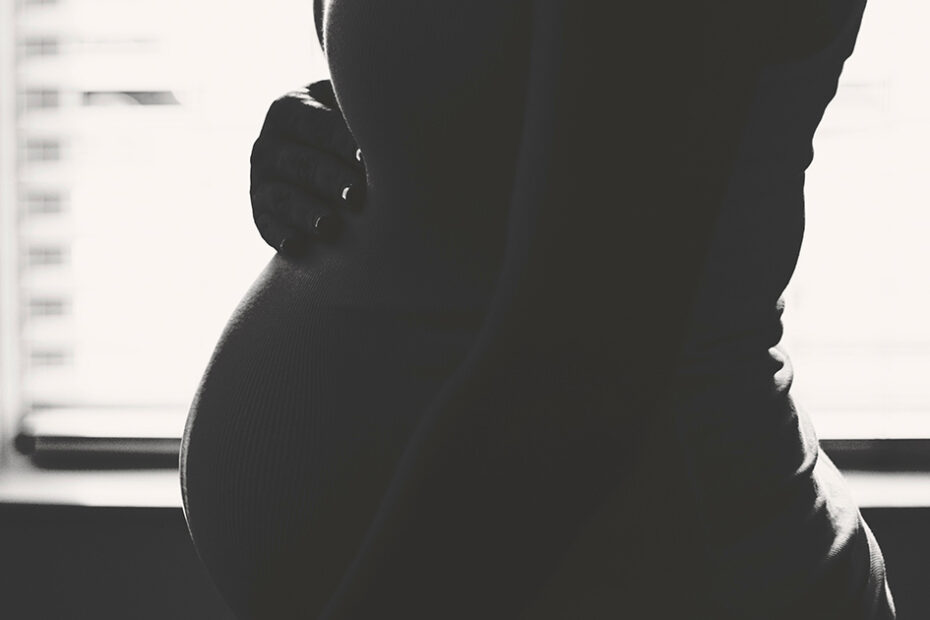October 29, 2010
Australian children who developed deformities after their mothers took thalidomide while pregnant have launched a class action against the German company which developed and marketed the drug.
In a writ filed in the Victorian Supreme Court, the five plaintiffs say they were born with or have suffered injuries caused by their pregnant mothers’ consumption of thalidomide in Australia.
The action against German company, Grunenthal GmbH is brought on behalf of those born in Australia or New Zealand between January 1, 1955 and December 31, 1964, who suffered injuries including defects and deformities after their pregnant mothers took the drug.
According to a statement of claim, Grunenthal developed, patented and marketed thalidomide between about 1950 and 1957 and licensed Distillers Company Ltd to bring thalidomide to the market within nine months.
The drug was made available throughout the British Commonwealth including in Australia and New Zealand by Distillers Company Limited from 1958.
Marketed under brand name “Distaval”, it was made available to doctors, pharmacies and hospitals in Australia and New Zealand to supply to women as a tranquilliser and treatment for morning sickness.
But the statement of claim alleges Grunenthal knew or should have known Distillers would have little or no chance to test its safety and was required to rely upon representations Grunenthal made.
Despite not adequately testing its safety, Grunenthal allegedly portrayed the drug as “completely safe”.
The claim also alleges Grunenthal knew from the time it executed its licensing agreement that there was a suggested link between thalidomide and a range of adverse health effects.
Between about 1956 and 1961, the company is alleged to have received reports of birth deformities in infants whose mothers took thalidomide during pregnancy, but ignored, suppressed and denigrated people who complained.
When thalidomide was withdrawn from sale in Australia and New Zealand in 1961, Grunenthal falsely claimed it was withdrawn due to irresponsible media reporting, according the statement of claim.
It says the company was so motivated by profits, it acted in contempt for the rights and health of its victims and ignored evidence of risks to consumers.
The claim says plaintiffs are likely to suffer reduced life expectancy and develop, after the age of 50, peripheral neuropathy, which is a problem with nerves carrying information to and from the brain and spinal cord.
Article source: news.smh.com.au
